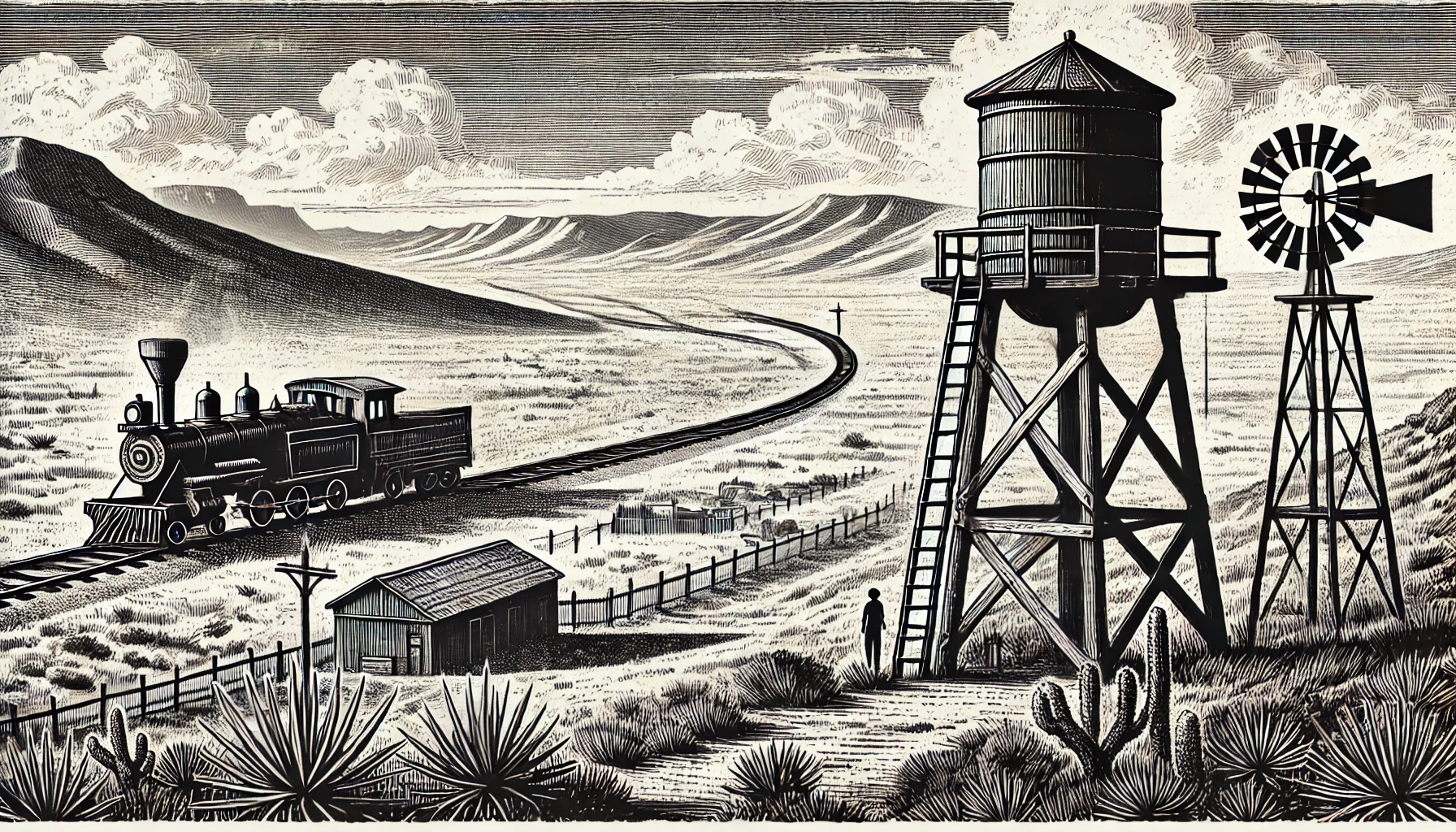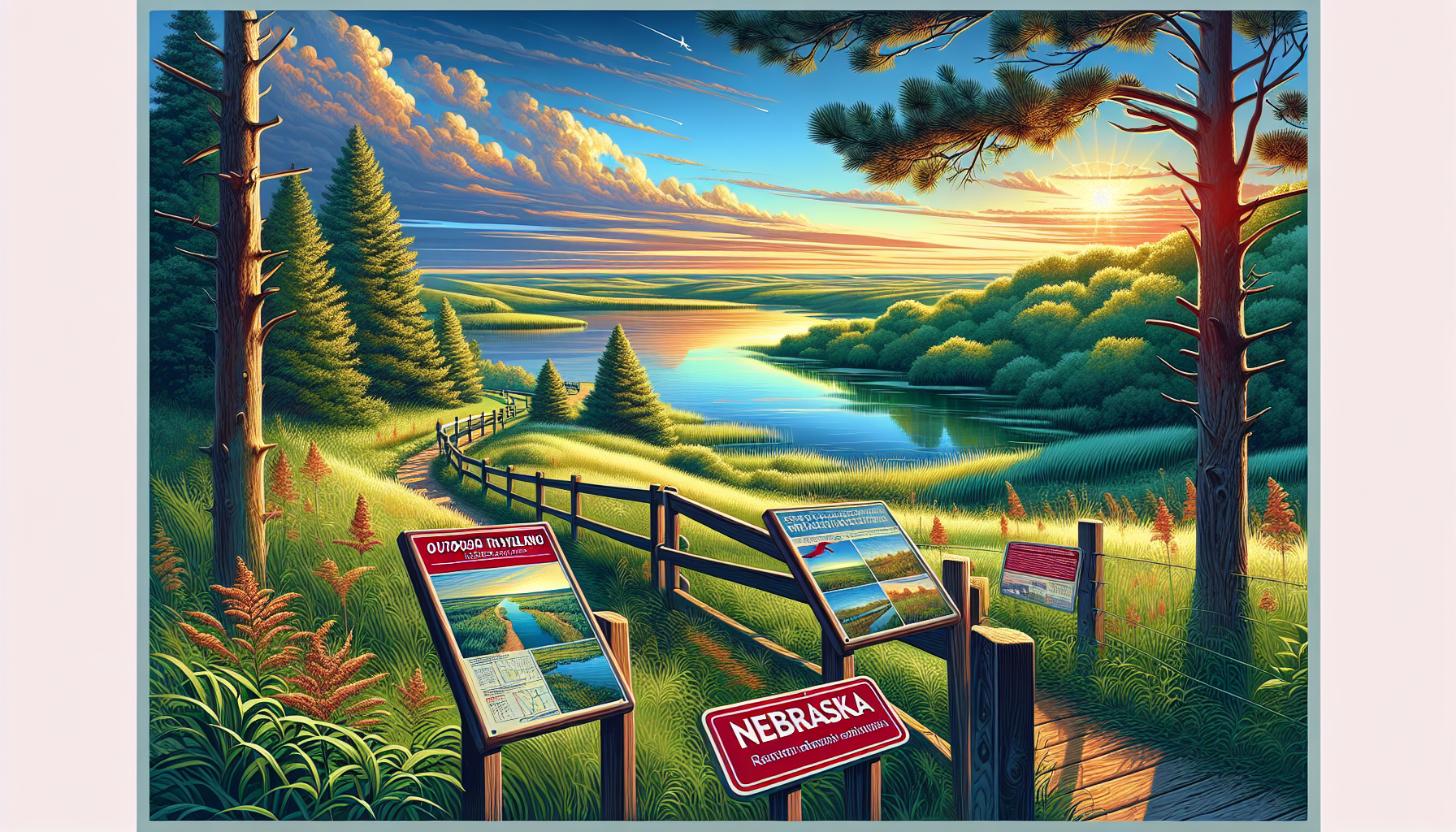Film Restoration Lab: Preserving Cinematic Heritage in Nebraska

As one travels through the vast plains of Nebraska, it's unlikely to stumble upon a place that meticulously preserves the rich cinematic heritage of the past. However, nestled in the heart of Omaha, lies ahidden gem - a film restoration lab. This lab, like several others across the United States, is a critical component in the field of film preservation, working tirelessly to restore and conserve the classic films that have shaped American culture.
One such lab, The Film Enthusiast's workshop, located in Omaha's historic Old Market district, has been in operation since the 1980s. Its team of skilled technicians and archivists specialize in restoring classic films from the 1920s to the 1980s, painstakingly repairing damaged film stock, and removing imperfections that can affect the viewing experience. This meticulous process involves techniques such as film cleaning, splicing, and rebelling, all of which require a deep understanding of film history, technology, and the art of cinematography.
The Film Enthusiast's workshop has worked on numerous high-profile restoration projects, including the 1975 film 'Nashville' directed by Robert Altman. The lab's team collaborated with the Criterion Collection to restore the film to its former glory, using advanced digital technologies to improve the picture quality and remove scratches and imperfections. The restored film has since been re-released on DVD and Blu-ray, allowing a new generation of film enthusiasts to experience this classic American film.
Similar to The Film Enthusiast's workshop, the UCLA Film and Television Archive in Los Angeles, California, also plays a crucial role in preserving America's cinematic heritage. Founded in 1964, the archive has amassed a collection of over 350,000 films and television programs, many of which are extremely rare or considered lost. The archive's team of archivists and technicians work tirelessly to restore these films, often using advanced digital technologies to enhance the viewing experience.
In recent years, the film restoration process has undergone a significant transformation with the advent of digital technologies. Computer algorithms and advanced software programs can now be used to remove imperfections, enhance picture quality, and repair damaged film stock. However, despite these advancements, film restoration remains a labor-intensive and highly specialized field that requires a deep understanding of film history, technology, and the art of cinematography.
Film restoration labs, such as the one operated by The Film Enthusiast's workshop in Omaha, Nebraska, play a critical role in preserving America's cinematic heritage. By restoring classic films to their former glory, these labs allow new generations of film enthusiasts to experience the masterpieces of the past and appreciate the art of cinematography in all its glory.
Additionally, film restoration labs often collaborate with film archives and museums to preserve rare or lost films. The Nebraska State Historical Society in Lincoln, Nebraska, for example, has an extensive collection of films and videos that document the state's history and culture. By collaborating with film restoration labs, the society can ensure that these valuable resources are preserved for future generations.
The importance of film restoration labs cannot be overstated, as they play a critical role in preserving America's cinematic heritage. By working tirelessly to restore classic films, these labs allow new generations of film enthusiasts to experience the masterpieces of the past and appreciate the art of cinematography in all its glory.
One such lab, The Film Enthusiast's workshop, located in Omaha's historic Old Market district, has been in operation since the 1980s. Its team of skilled technicians and archivists specialize in restoring classic films from the 1920s to the 1980s, painstakingly repairing damaged film stock, and removing imperfections that can affect the viewing experience. This meticulous process involves techniques such as film cleaning, splicing, and rebelling, all of which require a deep understanding of film history, technology, and the art of cinematography.
The Film Enthusiast's workshop has worked on numerous high-profile restoration projects, including the 1975 film 'Nashville' directed by Robert Altman. The lab's team collaborated with the Criterion Collection to restore the film to its former glory, using advanced digital technologies to improve the picture quality and remove scratches and imperfections. The restored film has since been re-released on DVD and Blu-ray, allowing a new generation of film enthusiasts to experience this classic American film.
Similar to The Film Enthusiast's workshop, the UCLA Film and Television Archive in Los Angeles, California, also plays a crucial role in preserving America's cinematic heritage. Founded in 1964, the archive has amassed a collection of over 350,000 films and television programs, many of which are extremely rare or considered lost. The archive's team of archivists and technicians work tirelessly to restore these films, often using advanced digital technologies to enhance the viewing experience.
In recent years, the film restoration process has undergone a significant transformation with the advent of digital technologies. Computer algorithms and advanced software programs can now be used to remove imperfections, enhance picture quality, and repair damaged film stock. However, despite these advancements, film restoration remains a labor-intensive and highly specialized field that requires a deep understanding of film history, technology, and the art of cinematography.
Film restoration labs, such as the one operated by The Film Enthusiast's workshop in Omaha, Nebraska, play a critical role in preserving America's cinematic heritage. By restoring classic films to their former glory, these labs allow new generations of film enthusiasts to experience the masterpieces of the past and appreciate the art of cinematography in all its glory.
Additionally, film restoration labs often collaborate with film archives and museums to preserve rare or lost films. The Nebraska State Historical Society in Lincoln, Nebraska, for example, has an extensive collection of films and videos that document the state's history and culture. By collaborating with film restoration labs, the society can ensure that these valuable resources are preserved for future generations.
The importance of film restoration labs cannot be overstated, as they play a critical role in preserving America's cinematic heritage. By working tirelessly to restore classic films, these labs allow new generations of film enthusiasts to experience the masterpieces of the past and appreciate the art of cinematography in all its glory.
